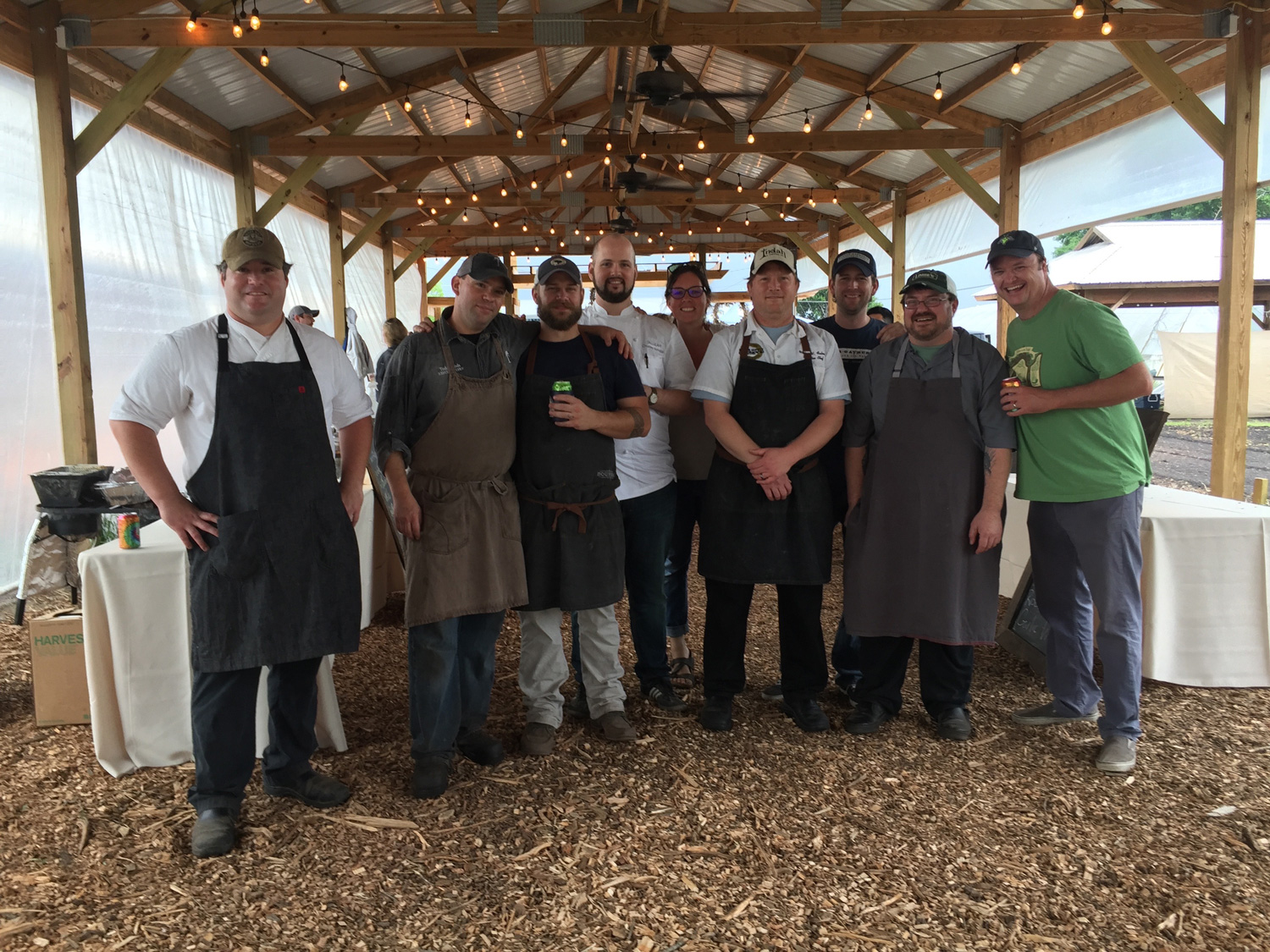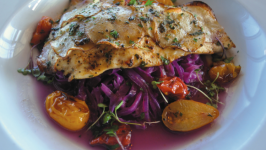Slow Food Columbia & Slow Food Charleston
Build a McDonald’s near the Spanish Steps in Rome? It was more than Italian food writer and political activist Carlo Petrini could bear, so in 1986, he formed the International Slow Food Movement, an organization that now boasts chapters in 150 countries. Each chapter works to connect chefs and farmers, preserve traditional ingredients and help people enjoy good, clean and fair food. Both Columbia and Charleston have active communities that help fulfill the Slow Food mission.
Slow Food Columbia is best-known for the annual Sustainable Chefs Showcase, where chefs from Columbia restaurants cook with locally grown ingredients, as guests taste the dishes and talk with the people who are cooking and growing their food.
Another focus, Slow Food’s Ark of Taste, promotes and preserves heirloom foods in danger of being lost, such as Carolina Gold rice. University of South Carolina professor David Shields is a well-known national leader for this project, and various Slow Food Columbia board members are at work on local Ark of Taste projects: Farmer Nat Bradford brought back his family’s Bradford watermelon, horticultural anthropologist Keith Mearns is restoring Herbemont grapes—the Columbia grape that saved the French wine industry—and teacher Jamie Browder is building a school garden around Ark of Taste fruits and vegetables.
Slow Food Charleston similarly supports the Ark of Taste. In 2016, the chapter nominated Seashore Black Rye to the catalog of protected heirloom foods. Slow Food Charleston also circulates an Ark of Taste rack card to help educate consumers on the project and how to support it, advocates for locally grown Ark of Taste ingredients—such as those found at the Medical University of South Carolina’s Urban Farm—and hosts an annual dinner promoting the heirloom ingredients. Another Slow Food Charleston annual event is The Snail Awards, which honor Charleston’s leaders in the Slow Food Movement. Tiny Tastemakers, created by Slow Food Charleston, connects the local food community and the community’s youth through play, education and consumption.
To learn more about Slow Food, visit slowfoodcharleston.org or slowfoodcola.org
Story by Jenny Maxwell, Co-chair, Slow Food Columbia






